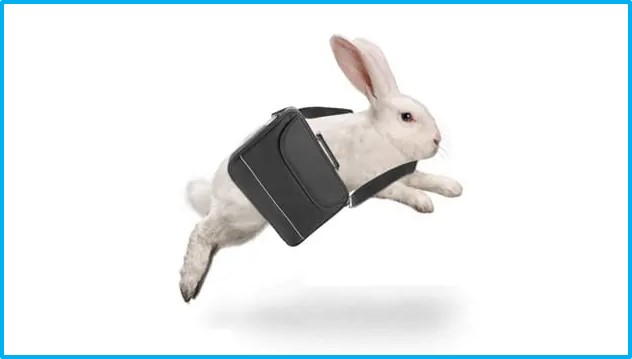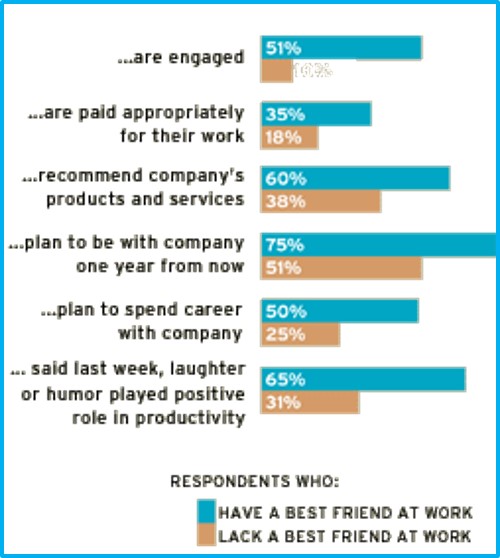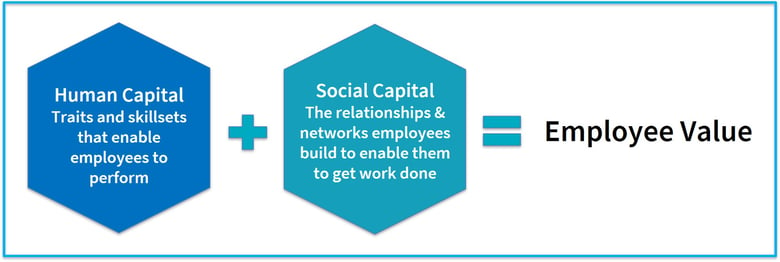
Life is work.
Work is life.
Life is all about relationships - and work is no exception.
In fact, the key to long-term happiness and fulfillment is “our relationships.”
This is what Harvard's legendary Grant and Glueck Study found out over the last 80 years:
"The quality of our work-life - emotionally, physically, and mentally - is directly proportional to the quality of our relationships."
Knowing a lot of people isn’t enough
True fulfillment in relationships is about genuine connection. One of the most efficient ways to form that connection is by creating micro-experiences that cause an emotional uplifting in others.
Nothing new here.
So why do we so often struggle to treat many of the most important relationships in our lives with the devotion and priority we know they deserve?
Although many things in life are deadline and urgency-driven, relationships almost never are.
As a result, they’re often one of the first parts of our lives that we neglect until we “find the time.”
Don't.
Fulfilling relationships can only be created by consistently connecting through meaningful interactions.
When you think something positive and you genuinely believe it, voice it. Show your appreciation to your colleagues with genuine verbal gestures like:
“I just want you to know how much I appreciate you.”
“Thank you for sacrificing your time for our vision.”
A single positive interaction can have a multiplicative effect, building and spreading further than you’d ever imagine.
Every time you make a positive social connection, the pleasure-inducing hormone oxytocin is released into your bloodstream, immediately reducing anxiety, improving concentration and focus. Not just in the giver but also the receiver of the appreciation.
It works both ways.
Employee’s moods get elevated and in turn they are happy, they are more engaged and as a result, their productivity improves.
That’s the Pay-it-Forward principle in practice!
What does all this "relationship stuff" have to do with job-hopping and loyalty?
I assume you reading this makes you a human being (with the exception of you of course, cute little web crawlers).
An emotional human being where the heart decides before the head.
Where your heart tells your head what “to come up with for rational reasoning.”
Where your heart governs your feelings and you take most decisions on the basis of what your heart and emotions say.
Generally, 60% of the communication between your heart and your brain goes UP not DOWN. Literally, 100% when it comes to human relationships.
So for building meaningful relations you'd better engage the heart to give your people a heartfelt reason for staying with you.
Not surprising that the controversial question "I have a best friend at work" which Gallup includes in their 12 questions survey has the highest correlation of all questions with people thriving within the workplace.
Friendship trumped such seemingly obvious employee motivators as pay and benefits.

These findings are solidified by the “Global Work Connectivity Study”. 2,000 employees and managers across 10 different countries (including India and Singapore) were asked about their views regarding team communications and relationships at work.
A full 60% of remote workers said they would be more inclined to stay with their employer if they had more friends at work.
So, fewer friends mean lower engagement reduced productivity and retention which translates into even lower productivity.
The small challenge in most workplaces
What if your work requires you to work on-the-go?
What if you don't have a desk and many of your colleagues work either remotely or in geographically dispersed locations?
Wait, make that the majority. In fact, more than 60% of the global workforce are doing their magic away from desks (some literature and research put that figure even as high as 80%) - often even without a corporate email address. Think retail, hospitality, F&B, logistics, facility management, or manufacturing.
This certainly adds a layer of complexity to building relationships.
The best relationships are built face-to-face.
But we can't be everywhere, can we?
The second-best solution to nurture relationships is to utilize modern technology and communicate frequently with your non-desk workforce.
With high-frequency communication (20+ contacts per week) physical distance doesn't have to be the barrier.
With the right and dedicated mobile-first technology making work experiences better - for employees and employers - is easily achievable.
Great executives have nothing to lose and a lot to gain by creating the conditions under which such relationships thrive.
Because business relationships are personal relationships too.
In fact, all relationships are personal because the common denominator is you.
Executives who think friendships are none of their business don’t understand human nature.
Creating powerful relationships between companies and customers is a hot topic. It should be the same for leaders and team members.

One caveat: Best friends are a great thing in a GOOD workplace -- and a bad thing in a BAD workplace.
Take, for example, a workplace where employees describe the manager as "dictatorial," receive little recognition and do not have a clear idea of what's expected. In that setting, best friends will spend time commiserating, which will exacerbate the counterproductive us-vs.-them tone of the workplace.
But clearly, the management challenge in such instances is to improve overall conditions, not to discourage friendships.



